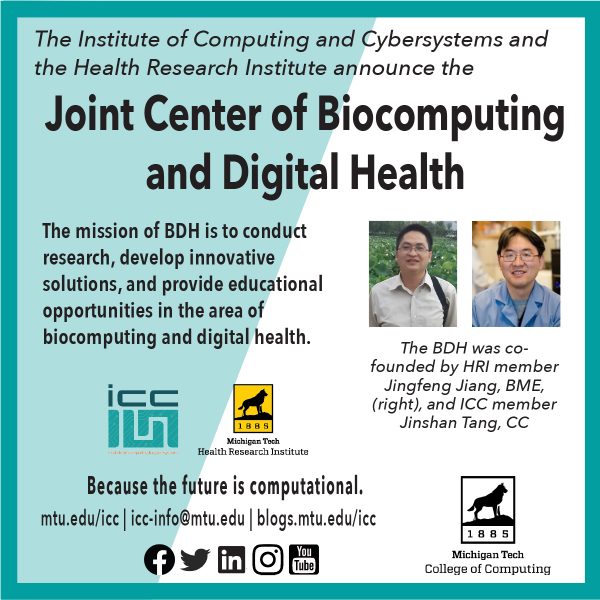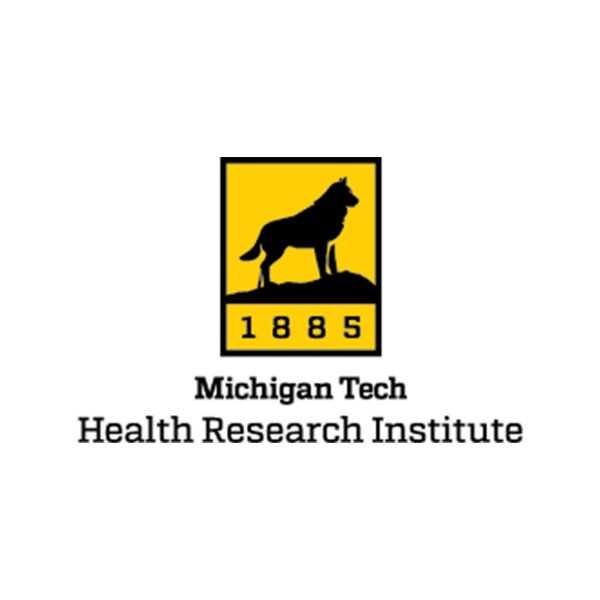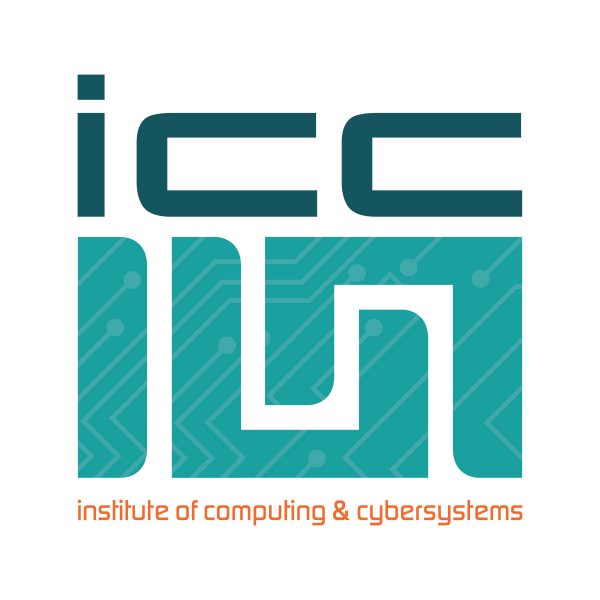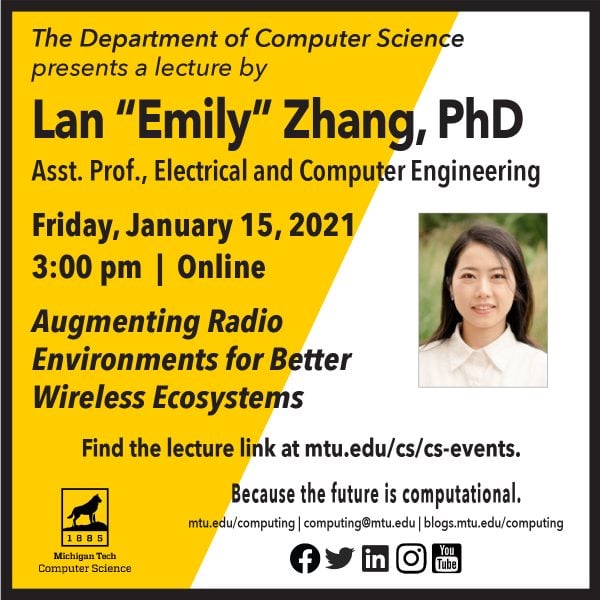Pasi Lautala (CEGE/MTTI) is the principal investigator (PI) on a project that has received a $380,705 other sponsored activities contract from the Federal Railroad Administration.
The project is titled “Railroad Crossing Vehicle Warning (RCVW) Application Demonstrations with Connected Vehicles.”
Kuilin Zhang (CEGE/MTTI/ICC-CPS) and John Velat (CEGE/MTTI) are co-PIs on this potential two-year project.







